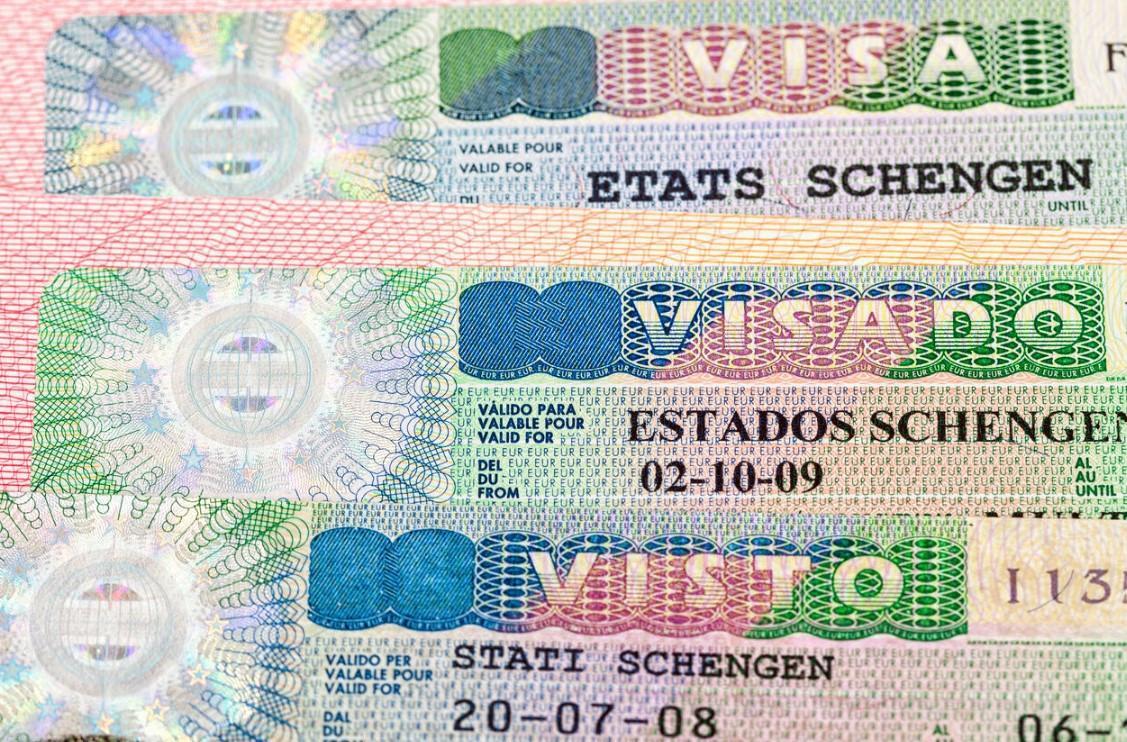EU denies policy restricting visas for Turks
ANKARA

Alamy Photo
The European Union does not possess a policy aimed at obstructing the issuance of visas to Turkish citizens, a senior EU official has said in response to the recent ordeal faced by Turks when they apply for Schengen visas.
“We are doing our best to solve this problem, but first of all, it should be well known that the EU does not have any policy to prevent the issuance of visas to Turkish citizens,” EU Ambassador to Türkiye Nikolaus Meyer-Landrut said.
There is no policy or decision made by the EU in this direction, he stated.
The problem for Turkish citizens began during the pandemic when remote working, travel restrictions and staff reductions in embassies led to delays and difficulties in obtaining visas.
However, with the reopening of international travel, the number of visa applications from Türkiye increased significantly, exacerbating the problem. Over the past two years, Turkish citizens have faced prolonged processing times and encountered a high number of rejections.
Visa company IDATA’s data reveals that the rejection rate for Turkish applications is five times higher than that of Russia. Ankara has expressed its discontent with this disparity and previously summoned ambassadors to the Foreign Ministry, but no solution has been reached yet.
Addressing businesspeople earlier this week, President Recep Tayyip Erdoğan labeled the visa obstacle as “political blackmail” and pledged a swift resolution to the issue.
The consequences of the visa problem have already been felt in the Turkish artistic community. Özcan Deniz and his team were forced to cancel their concerts in Germany due to delayed visa applications. Most recently, famous singers Volkan Konak and Onur Akın also received visa rejection responses from Germany.
Lamenting the systematic obstacles faced by applicants, Firuz Bağlıkaya, the head of the Association of Turkish Travel Agencies (TÜRSAB), pointed out that the visa application quota reserved for Turkish citizens has been reduced to a ratio of one in five.
In 2022, the rate of visa rejections stood at over 15 percent, but it has now surged to approximately 50 percent this year, Bağlıkaya elaborated, criticizing such restrictions as a violation of human rights.
“Normally, the visa application fee amounts to 80 euros, with intermediary agencies charging additional service fees of 20 to 30 euros. However, recently, exorbitant service fees of over 300 euros have been demanded under the guise of a ‘VIP fee’ to expedite the visa process or secure appointments,” he said. “These fees are non-refundable, even if the visa application is ultimately rejected.”
















